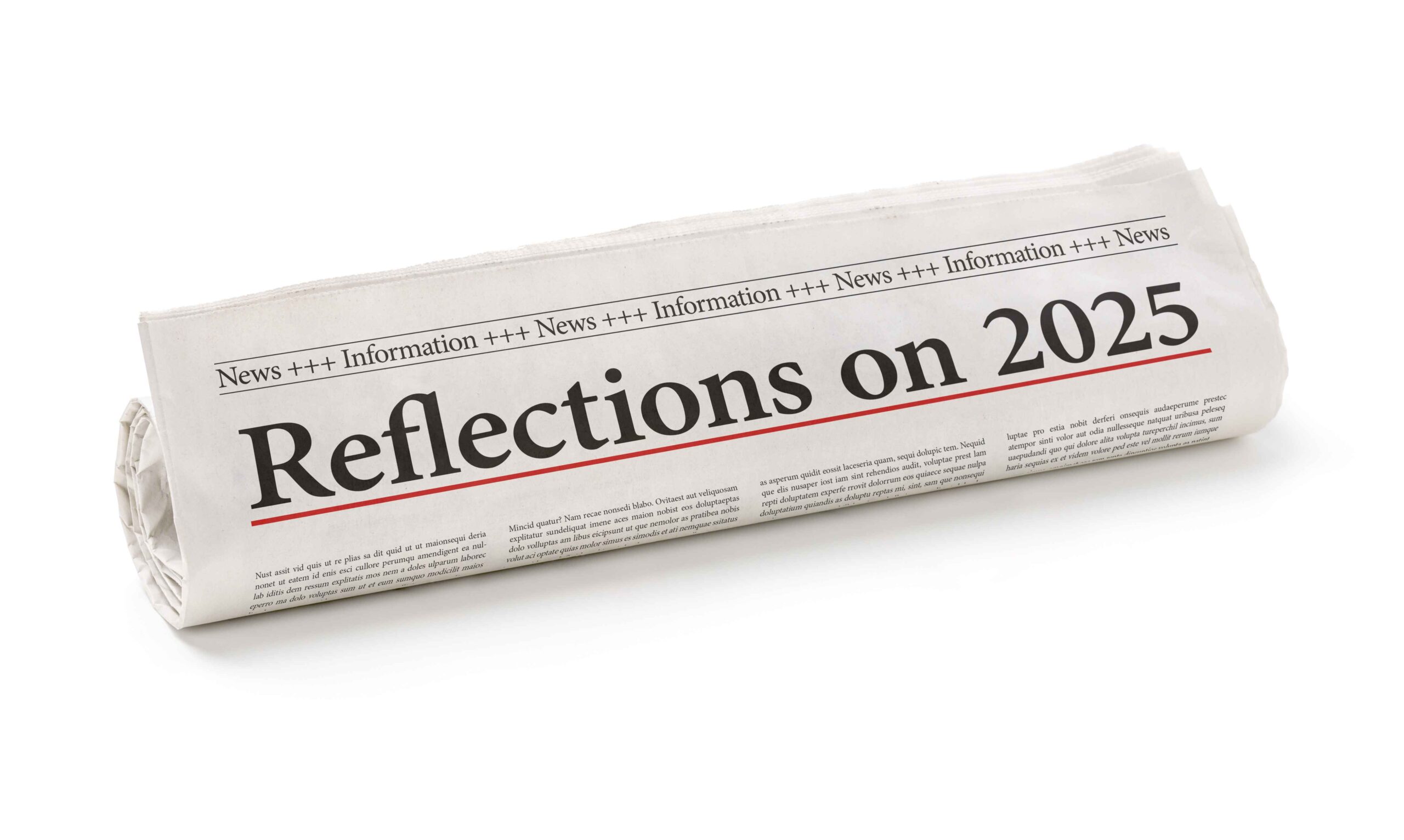In an era of neuropsychological manipulation and plaintiff reptile tactics, defense attorneys can help prepare and protect their clients by staying up to date with these litigation best practices. Whether encouraging their clients to be more proactive in their litigation or sharing more within the defense bar, many of these best practices are not significant changes but rather tweaks to help clients achieve superior litigation outcomes.
What are some litigation best practices?
To help clients achieve superior litigation outcomes, three litigation best practices include emphasizing the benefits of being proactive during litigation, pursuing early mediation for cases that lend themselves to earlier settlement discussions, and engaging in more open communication.
Emphasize The Benefits of Being Proactive in Their Litigation
More often than not, defense clients and attorneys operate reactively, merely responding to events as they unfold rather than developing a solid, proactive approach. Unfortunately, a wait-and-see response can quickly cause the defense to feel like they are falling behind, and suddenly they find themselves on a timeline that is rushing by.
The defense can put itself at an optimal advantage by encouraging their clients not to wait for the plaintiff’s counsel to make the first move and instead to be more proactive in their litigation. When the defense can set things in motion ahead of time, you can make minor tweaks when that timeline starts clicking away and not feel rushed.
Open communication with your clients and educating them on the consequences of being reactive can be effective tools in explaining the importance of being proactive. Part of this communication can be informing them what you need to be most effective or highlighting their actions that limit your effectiveness.
Some clients may be hesitant to spend the money required to take a more proactive approach, hoping to avoid overpaying in a case they think will likely settle. However, the proactive approach can be a powerful tool for avoiding catastrophic nuclear settlements. Not investing in the case early may ultimately prevent you from settling the case in a more favorable and earlier manner.
Pursue Early Mediations for Cases That Lend Themselves to Earlier Settlement Discussions
Defense attorneys need to set reasonable expectations for their clients. Part of evaluating the case early is so that the client can be given a reasonable expectation from the outset and then have that expectation tweaked as the case evolves. You certainly don’t want to blindside a client by letting them believe a case is worth zero dollars and then nine months later telling them that it’s worth several hundred thousand dollars or even more.
One avenue for setting reasonable expectations and being proactive in litigation is pursuing early mediation for appropriate cases. In early mediation, the defense can hear the plaintiff’s whole presentation. Not only do you have the chance to listen to them tell you how much money they are expecting to settle the case for, but you also know what you’re looking at as a case overview, you know what you should be focusing on, and you’ve had the chance to get some good discovery quickly.
It may also become a lot easier to convince your clients to spend the money on experts for the case if they realize they won’t be able to settle the case for an agreeable amount.
Of course, not every case is appropriate for an early mediation or settlement discussion. However, depending on the relationship with the plaintiff’s counsel, there may still be an opportunity to pick up the phone and have a quick conversation to see where you both stand on this deal.
Regardless, having those conversations, either going to an early mediation or realizing that’s not going to work, depending on the case, can help you make a proactive plan moving forward and demonstrate to your client what expenses will be needed to defend the case.
Engage in More Open Communication
The plaintiffs’ bar is well known for its ability to evolve quickly, communicate well, be exceedingly strategic and highly coordinated. Similarly, every defense attorney has unique experiences and insights, and engaging in more open communication could develop into a similarly more coordinated defense bar. One way is for defense attorneys to share what they are seeing and hearing and strategies they are witnessing or experiencing from the other side.
This type of two-way communication, with attorneys from all over the country, could help all defense attorneys be more prepared to approach these issues and face any new developments.
Courtroom Sciences can help you mitigate risk by providing expert resources and our science-based approach that lead to superior insights and predictive results. Talk to an expert to learn how Courtroom Sciences’ experts help deliver better litigation outcomes.
Be confident in achieving superior litigation outcomes. CSI has the expertise, track record, and capabilities to help you win.



